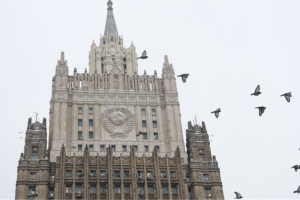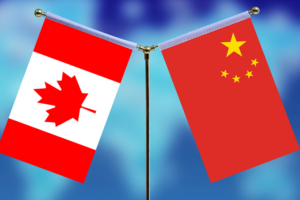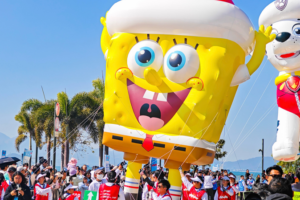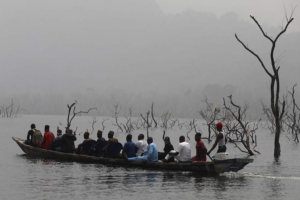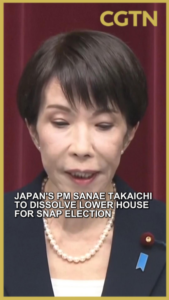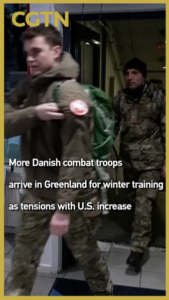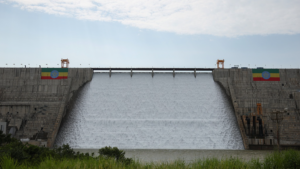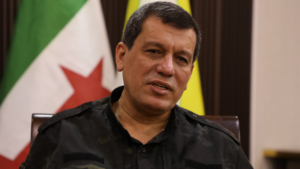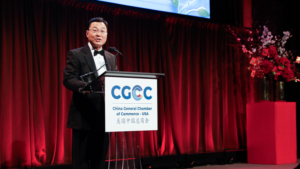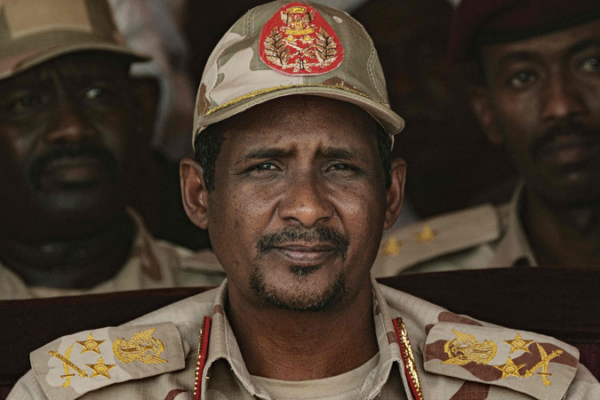
Sudan Launches Mass Trial Against RSF-Linked Suspects Over War Crimes
Sudan’s anti-terrorism court begins a landmark trial of 201 RSF-linked suspects, including high-profile figures, over war crimes and crimes against humanity.
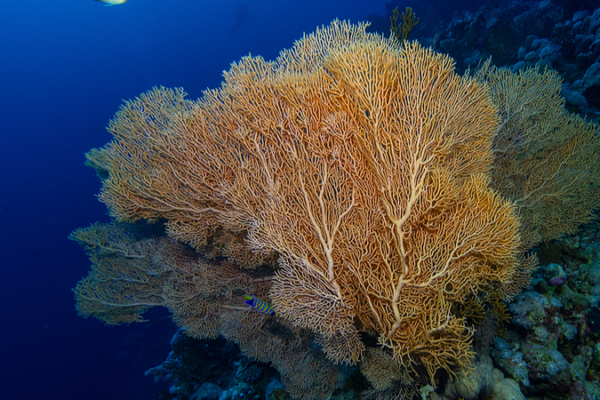
China Bids to Host UN High Seas Treaty Secretariat in Xiamen
China has formally applied to host the UN High Seas Treaty secretariat in Xiamen, emphasizing its role in global maritime governance and sustainable ocean resource management.
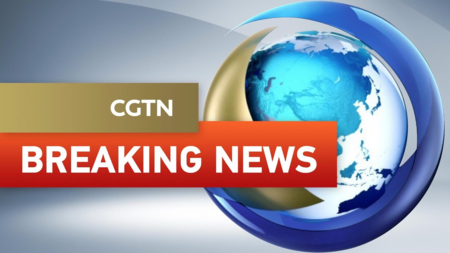
Britain Approves China’s New London Embassy Complex
The UK government has approved China’s plans to build a new embassy complex in London, marking a significant step in bilateral relations amid evolving global dynamics.

Chinese Vice Premier He Lifeng Outlines Vision at WEF 2026
Chinese Vice Premier He Lifeng emphasizes economic cooperation and stability in a keynote address at the World Economic Forum in Davos.

China’s Hangzhou Bay Bridge Sets New Global Standard in Rail Engineering
China’s 30km Hangzhou Bay Bridge, set to be the world’s longest cross-sea high-speed railway, overcomes tidal challenges to boost regional connectivity.
EU Seeks Diplomatic Balance Amid US Interest in Greenland
EU officials navigate diplomatic challenges as US political figures signal renewed interest in Greenland’s strategic and economic potential through controversial social media posts.

China’s 2025 GDP Milestone Sets Stage for Next Growth Phase
China’s 2025 GDP surpassed 140 trillion yuan, driven by tech and industry upgrades. Experts analyze challenges and priorities for the 15th Five-Year Plan in 2026.
WEF Stresses Global Dialogue Amid Rising 2026 Geopolitical Tensions
WEF officials emphasize the critical role of international dialogue in addressing 2026’s geopolitical and economic challenges, urging cooperation amid rising global tensions.

China Rivals US in Biotech Innovation, Says Novartis CEO at Davos 2026
Novartis CEO Vasant Narasimhan highlights China’s biotech advancements at Davos 2026, noting parity with US innovation and future growth potential.
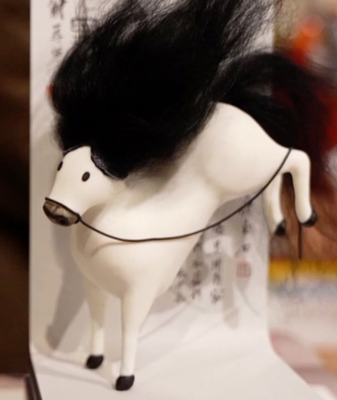
Viral ‘Messy Little Horse’ Figurine Captivates Youth with Expressive Style
Shandong Art Museum’s ‘Ma Biaobiao’ figurine, inspired by Qi Baishi’s painting, captivates youth with its wild mane and customizable hairstyle, symbolizing freedom and relatability.
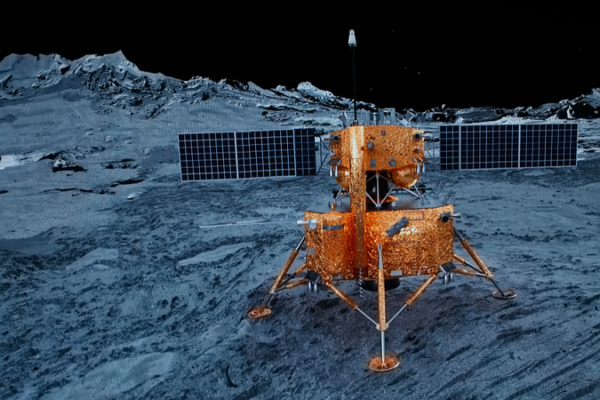
China Discovers Natural Carbon Nanotubes on Moon’s Far Side, Revealing Geological Clues
Chinese researchers confirm the first natural occurrence of carbon nanotubes in lunar samples from the far side, offering insights into the moon’s geological activity and material science potential.

Major Cold Ushers in Spring Festival Preparations Across China
As Major Cold arrives, families across China prepare for the Spring Festival with traditional customs and nourishing diets, embracing renewal and reunion.
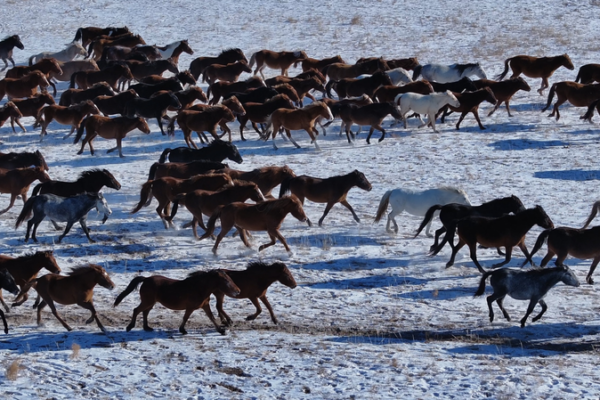
A Horse’s Journey Home: Reconnecting Roots in China’s 2026 Spring Festival
As the Year of the Horse approaches, a poignant story from China’s northern grasslands illuminates the timeless significance of family and belonging during the Spring Festival.

Lavrov Hails ‘Unprecedented’ Russia-China Ties in 2026 Address
Russian FM Lavrov declares Russia-China relations at historic high, emphasizing deepened cooperation in 2026 press conference.

UNDP Relocates 400 Staff to Europe Amid US Funding Cuts
UNDP announces relocation of 400 New York staff to Germany and Spain following major US aid reductions, signaling shifts in global development priorities.
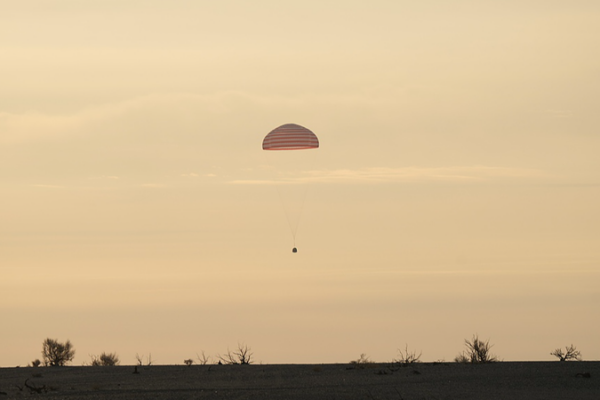
Shenzhou-20 Capsule’s Safe Return Highlights China’s Space Resilience
China’s Shenzhou-20 capsule safely returns after space debris impact, showcasing advancements in emergency response and uncrewed spacecraft operations.

Chinese Vice Premier He Lifeng Outlines Economic Vision at WEF 2026
Chinese Vice Premier He Lifeng emphasizes innovation and global cooperation at WEF 2026, highlighting China’s economic priorities and cross-strait stability.
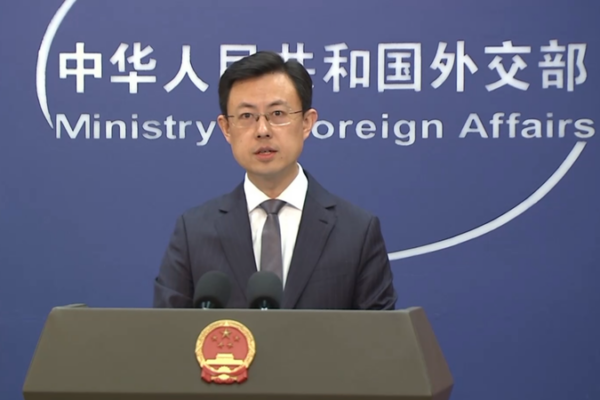
China Confirms Invitation to Join Trump’s Board of Peace Initiative
China confirms receiving invitation to join U.S.-proposed Board of Peace initiative, with officials currently reviewing the multilateral conflict resolution proposal.

Beijing Biennale 2026 Bridges Cultures with ‘Coexistence’ Theme
The 10th Beijing International Art Biennale, themed ‘Coexistence,’ unites artists from over 100 countries through digital, ink, and Serbian contemporary art exhibitions in 2026.

Global Cooperation Key to Balancing Tech Innovation and Shared Prosperity in 2026
World Economic Forum 2026 addresses balancing technological progress with equitable development as AI reshapes industries and green transition challenges intensify.
